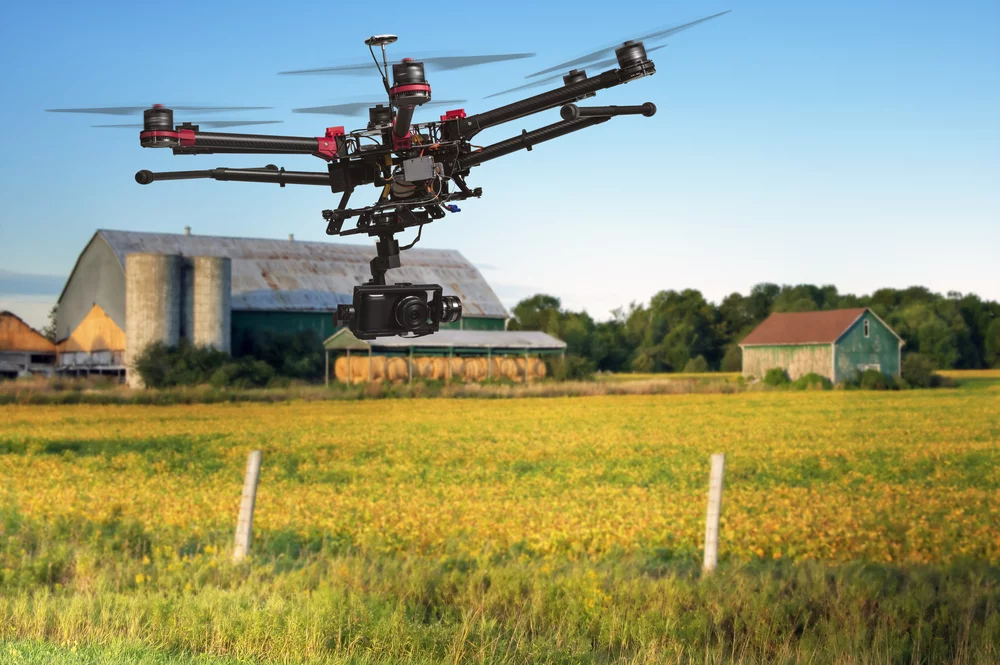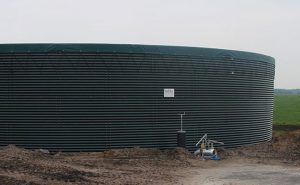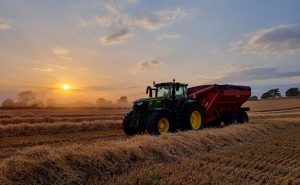What does technology mean for the future of farming services?

Factors including climate change, increasing population growth and the subsequent food security have all lead to further developments in making modern technology more prevalent within agricultural practices and farming services.
The efforts to protect the capabilities of farming have propelled the development and use of technology across the board. Farmers are embracing the use of technology, due to a decrease in fear of removing human workers from the process. It is now clear that human input will always be required to both maintain machinery as well as cast judgements on the state of the farm and making good decisions.
AI
From agricultural robots to methods of monitoring crops and soils, AI has proven to remove the guesswork for farmers, particularly those with less experience in working the fields.
Agricultural robots are currently being developed which will look to boost the output of farming services dramatically. They will be able to support with the harvest by collecting a higher volume at a faster pace, ensuring that the least amount of produce is lost. They can also be used for a multitude of other activities including pruning, weeding, spraying and operating machinery, such as tractor and sprayers.
Predictive analytics look to improve the stability and sustainability of farming. One of the key ways to boost crop yields is through more closely monitoring nitrogen, and although an increased amount of nitrogen can boost a yield, farmers should be deterred from over applying the fertiliser. Some may consider this an affordable insurance policy with the potential of a high return, however, excess nitrogen is regularly lost into the nearby environment, including the air and water, causing serious pollution problems. Through predictive analytics, nitrogen requirements can be designed to fit each individual sites specific conditions. These will also consider seasonal fluctuations and will ensure that the optimal amount of fertiliser can be applied without over applying and risking damaging the environment.
Drones
All over the world, drones are revolutionising farming, particularly in areas which can be difficult to reach daily, on foot. They can provide a wealth of opportunity, both for monitoring and analysis, but also for carrying out farming services, often where there is less accessibility or available human help.
Drones can be used to perform soil and field analysis, producing 3D maps and after planting, provide data on irrigation and management of nitrogen levels. These useful pieces of tech can also be used as planting systems and for crop spraying. Built-in measurement devices can ensure accurate distance through ultrasonic echoing and lasers, adjusting altitude and performance in line with the local topography and geography, whilst simultaneously distributing the right amount of product during spraying.
A drone can also provide a farmer with the capability to monitor crops easily, particularly where fields are vast. Low efficiency in harvesting and monitoring of crops is often due to the land size and not enough time, therefore utilising a drone means that the time taken to monitor crops can be dramatically reduced, whilst increasing speed and ensuring that these tasks can be performed during periods of bad weather and ensure improved crop management.





